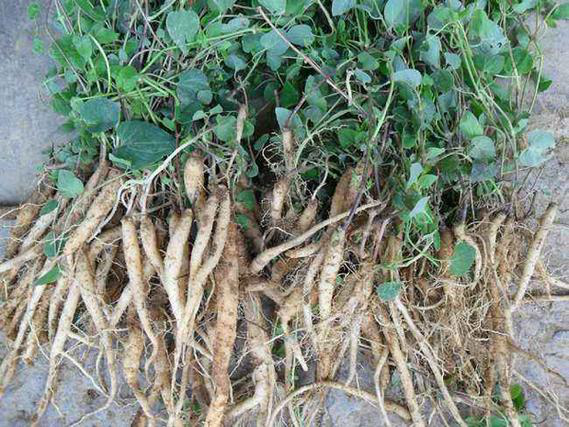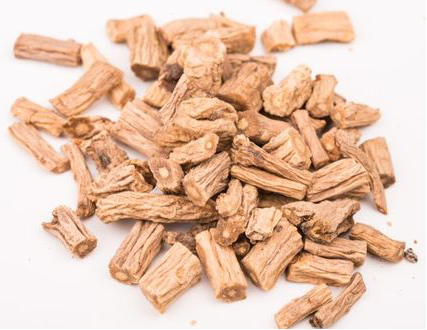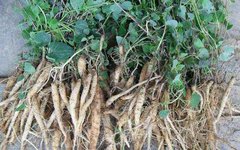Codonopsis, also known as Dang Shen (党参), Dang Ren Shen (党人参), Lu Dang (潞党), Huang Shen (黄参), and Shi Tou Shen (狮头参), is the dried root of the plant Codonopsis pilosula (Franch.) Nannf., Codonopsis pilosula Nannf. var. modesta (Nannf.) L.T. Shen, or Codonopsis tangshen Oliv. from the Campanulaceae family.


Medicinal Properties:
Nature and Taste: Sweet, Neutral. Channels Entered: Spleen (脾), Lung (肺).
Indications: Tonifies the Spleen and Lung, nourishes Blood and generates fluids. Used for Spleen and Lung Qi deficiency, poor appetite, fatigue, cough with shortness of breath, insufficient Qi and Blood, pale complexion, palpitations, shortness of breath, thirst due to fluid damage, and internal heat leading to thirst.
Related Combinations:
1. For symptoms of Qi deficiency such as fatigue, poor appetite, and loose stools, it is often used in combination with Bai Zhu (白术, Atractylodes) and Fu Ling (茯苓, Poria) to tonify Qi, strengthen the Spleen, and eliminate dampness.
2. For cough and shortness of breath due to Lung Qi deficiency, it can be combined with Huang Qi (黄芪, Astragalus) and Ge Jie (蛤蚧, Gecko). Codonopsis has a similar but milder effect than Ren Shen (人参, Ginseng) and is often used as a substitute in classical formulas for treating mild cases of Spleen and Lung Qi deficiency.
3. For symptoms of Qi and Blood deficiency, such as pale or sallow complexion, fatigue, dizziness, and palpitations, it is commonly paired with Huang Qi (黄芪), Bai Zhu (白术), Dang Gui (当归, Angelica), and Shu Di Huang (熟地黄, Rehmannia).
4. For mild cases of Qi and fluid damage, it is advisable to use it with Mai Dong (麦冬, Ophiopogon) and Wu Wei Zi (五味子, Schisandra) to nourish Yin and generate fluids.
5. Codonopsis can also be combined with exterior-releasing herbs and purgative herbs to expel pathogens in cases of Qi deficiency with exterior invasion or internal heat accumulation leading to Qi and Blood deficiency, to support the righteous Qi while expelling the pathogenic factors.
Consumption:
1. Codonopsis and Astragalus Tea: 10g Codonopsis, 10g Astragalus, 5g Bai Zhu, 5 pieces of Jujube, decoct in water as a tea substitute.
2. Codonopsis and Red Date Tea: 10g Codonopsis, 4 pieces of Jujube, decoct in water as a tea substitute.
3. Codonopsis and Angelica Stewed Chicken Soup: 10g Codonopsis, 5g Angelica, 10 pieces of Jujube, 1 chicken.
4. Codonopsis, Job’s Tears, and Yam Porridge: 10g Codonopsis, 30g Yam, 30g Job’s Tears, 10 pieces of Jujube, 50g rice.
Source: Qiu Daokun Reviewed by: Information Department
(Some images and text sourced from the internet; if there are any copyright issues, please contact the author for removal)


